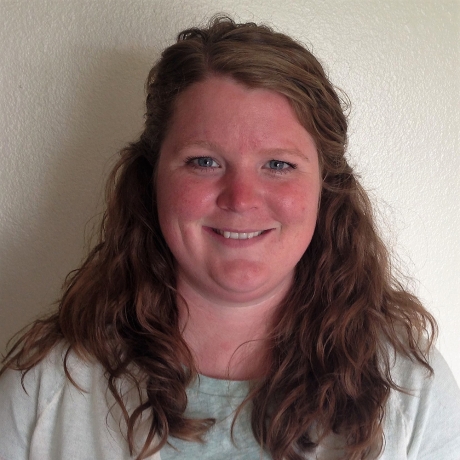Potato Univeristy
Join MSU potato experts as they help guide you through an interactive cutting-edge program covering a number of topics.
Thursday, February 3rd
2:35pm - 4:25pm
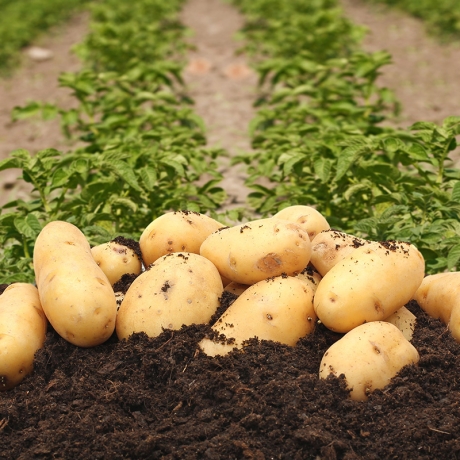
Potato University Programs
Diploid Potato Breeding
Dr. David Douches will have samples of diploid potatoes from the breeding program trials and discuss the breeding progress to create future varieties.
Dave Douches leads the MSU potato breeding program for 34 years at MSU. We work on improving potatoes for scab, virus, late blight, Colorado potato beetle and chip storage for the chip as well as table markets.
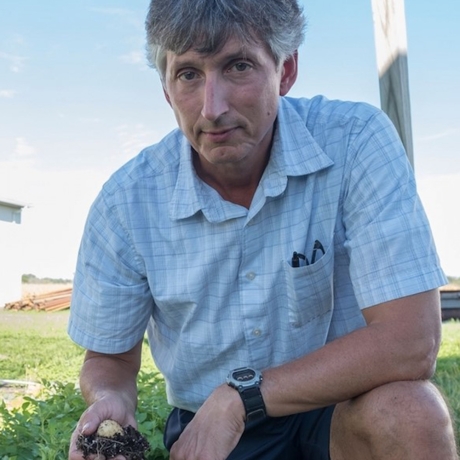
Beneficial Insects in Potato
Presentation of live or preserved examples of natural enemies and pollinators that can be found in potato fields. This demonstration will help attendees identify beneficial insects.
Kayleigh Hauri is a PhD student in the Vegetable Entomology lab who studies interactions between aboveground and belowground pests on potato.
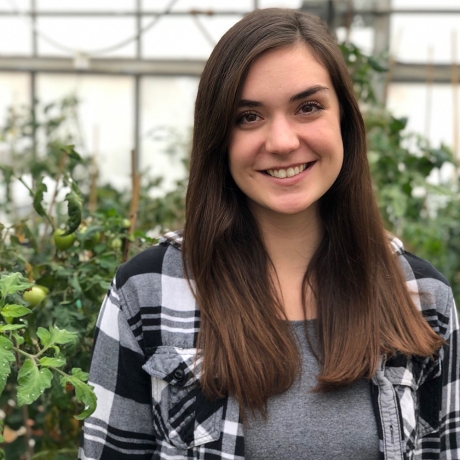
Potato Postharvest Diagnostics
Dr. Jaime Willbur, along with graduate students Emma Schlachter, Carly Hendershot, and Alex Hernandez will demonstrate signs and symptoms for key postharvest diseases and provide examples of resistant or susceptible reactions in major potato varieties.
Dr. Jaime Willbur is the Assistant Professor and Principal Investigator for the Michigan State University Potato and Sugar Beet Pathology research and extension program. Her focus is on integrated management solutions for current and emerging disease concerns.
Emma Schlachter is an M.S. student in the Potato and Sugar Beet Pathology program. Her research focuses on the characterization and management of major potato storage diseases in Michigan. Jaime Willbur leads the PSBP programs, which broadly focuses on integrated disease management in potatoes and sugar beets.
Carly is a third-year Ph.D. student in the Potato and Sugar Beet Pathology program MSU. Her research focuses on managing sugar beet storage rot, however, her favorite pathogen system is wheat rust and she hopes to work at MSU teaching plant sciences.
Alex completed her undergraduate degree in biosystems engineering at Michigan State University in 2019. She is currently a 3rd year PhD student in the Department of Plant, Soil, and Microbial Sciences at MSU. Alex works in the Potato and Sugar Beet Pathology program and conducts research aimed at improving management of Cercospora leaf spot of sugar beet.
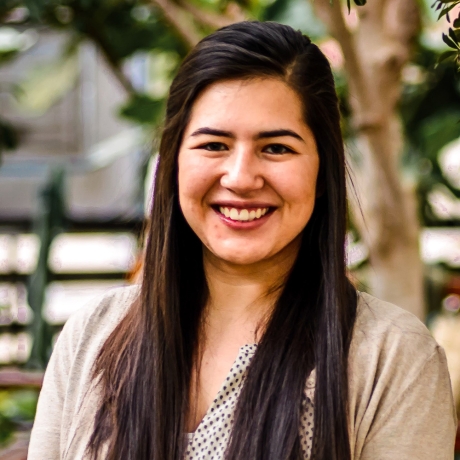
Potato Early Die Management
Marisol Quintanilla, Luisa Parrado, and Emilie Cole will give a demonstration on compost, manures, and biological control agents’ effect on Potato Early Die symptoms.
Dr. Marisol Quintanilla is an Applied Nematologist at Michigan State University. Her work included nematode identification and analysis of trials with Dr. Koon-Hui Wang and gained extensive experience in working with specialty crop growers. Most recently, she has studied nematode community structure, soil health, and pest management in edible crops as part of her research and extension work.
Emilie Cole is the Lab Manager and Technician for MSU's Applied Nematology Lab. She worked extensively in potato nematode management focusing on non-fumigant nematicides and composts for her master's degree.
Luisa Parrado Luisa is an Entomology Ph.D. student in Marisol Quintanilla’s lab. During her studies here she has been studying compost, manures, and biocontrol agents as an alternative strategy for Potato Early Die (PED) management. Her research will work to fill the knowledge gap in customizing composts for pest management while also establishing these products as a reliable method to enhance soil health and sustainability.
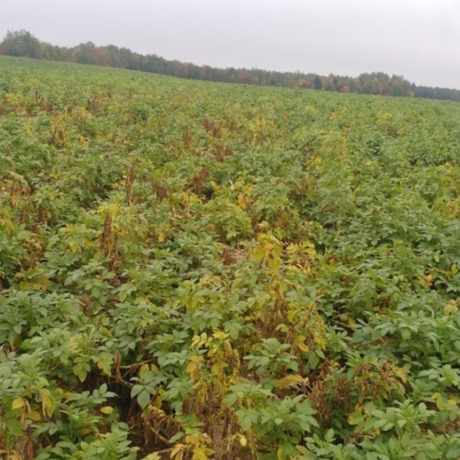
Weed ID apps: Do they work?
Weed identification is an essential step for successful potato production, however, identification can be difficult. There are several smartphone apps available to assist with weed ID, we will have common weeds in potato production grown at various stages to test current smartphone apps.
Erin Burns is a Weed Science Extension Specialist and Assistant Professor in the Department of Plant, Soil, and Microbial Sciences at Michigan State University. Erin’s research and extension program focuses on current and emerging problematic weeds in Michigan cropping systems, specifically forages, potatoes, corn, and recently industrial hemp.
